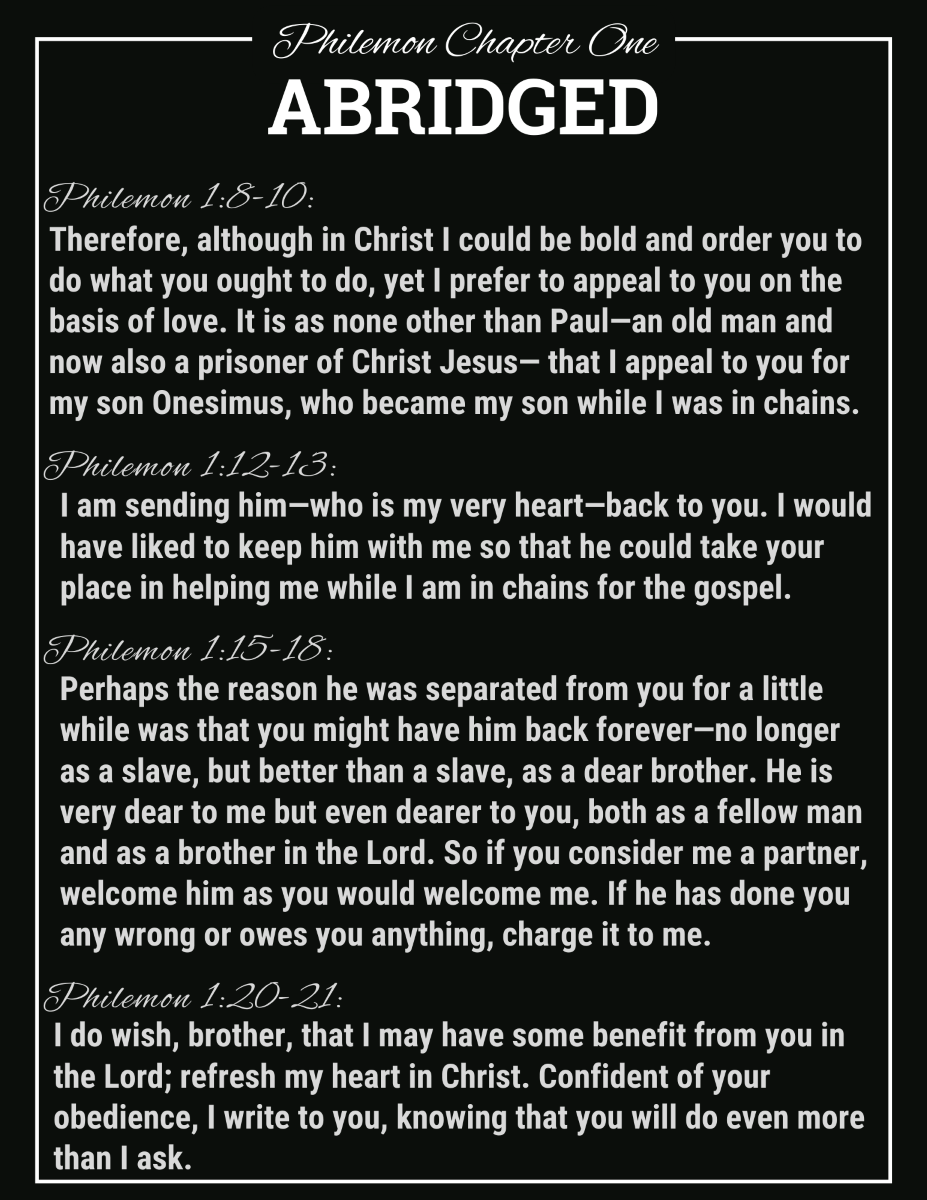Replete with stories and teachings about welcoming others with open arms, demonstrating love, and building a sense of community, hospitality is a practice deeply rooted within the sacred pages of Scripture. Hospitality goes far beyond mere etiquette or social niceties, rather, it is a sweeping expression of love, kindness, and community. Hospitality invites us to mirror the heart of God by welcoming all, just as He does. To gain a greater appreciation for hospitality, today we will use the Bible as our guide as we unpack its pragmatic attributes and provide practical insights, empowering believers to put it into practice.
Biblical Accounts of Hospitality

The following examples underscore that hospitality is not merely a cultural norm or an act of courtesy; it is a practice deeply embedded in our faith. As we open our hearts and homes to others, we position ourselves to receive blessings that extend far beyond the immediate moment, creating a ripple effect that pulsates throughout our lives and the lives of others.
Zacchaeus and Jesus (Luke 19:1-10): In the town of Jericho, a tax collector named Zacchaeus sought a glimpse of Jesus. Climbing a sycamore tree, he caught the attention of the Savior who not only noticed him but chose to dine at his house. In this simple act of hospitality, Zacchaeus experienced a radical transformation. He not only welcomed Jesus into his home but into his heart, prompting a declaration of repentance and a promise to make amends for any wrongs he had committed. The blessing of salvation and reconciliation flowed from a moment of genuine hospitality.
Philemon Welcomes Paul (Philemon 1:4-7): The letter to Philemon unfolds a story of hospitality that goes beyond the customary welcome of a guest. Philemon opened his home and heart to the apostle Paul, demonstrating a generosity that would become a hallmark of hospitality. The blessing that ensued was not only personal but extended to the entire community. Paul prayed for Philemon, expressing gratitude for his love and faith, and the blessings of encouragement and fellowship multiplied.
Lot's Hospitality in Sodom (Genesis 19): In the thick of the morally corrupt city of Sodom, Lot demonstrated hospitality by welcoming two angels into his home. Despite the impending doom of the city, Lot's hospitality led to divine intervention, sparing him and his family. The blessings extended beyond mere physical safety, emphasizing the penetrating impact of extending hospitality even in challenging circumstances.
Widow of Zarephath (1 Kings 17): During a severe famine, the widow of Zarephath welcomed the prophet Elijah into her home, sharing her last meal with him. In return for her hospitality, God blessed her with an ongoing supply of flour and oil, ensuring that her resources would not run dry. This poignant story showcases how God honors and multiplies the simple acts of hospitality, meeting both physical and spiritual needs.
Abraham's Hospitality (Genesis 18): Before we move on, we cannot overlook the iconic example set by Abraham in Genesis 18. Abraham had been sitting at his tent's entrance when three strangers approached. Without hesitation, Abraham leaped to his feet, bowed to the ground, and warmly invited them to rest and refresh themselves. Unbeknownst to Abraham, these visitors were none other than divine messengers. His immediate and gracious response to strangers did not go unnoticed by God. As the story unfolds, we see that his act of welcoming these strangers brought unimaginable blessings. Among them was the promise of a son to Sarah, a miraculous fulfillment of God's covenant.
Jesus Teaches Us to Embracing the Stranger

Emphasizing the intimate connection between hospitality and our service to Him, in Matthew 25:35, Jesus says: "For I was hungry and you gave me something to eat, I was thirsty and you gave me something to drink, I was a stranger and you invited me in." Christ’s teachings about hospitality reinforce the need for love, compassion, humility, and inclusivity in our interactions with others. Let’s take a look at a few of them now.
Parable of the Good Samaritan (Luke 10:25-37): Jesus tells a story about a compassionate Samaritan who extends hospitality to a wounded stranger, emphasizing the principle of loving our neighbors and showing mercy.
Feeding the Five Thousand (Matthew 14:13-21): Jesus performs a miracle by multiplying five loaves and two fish to feed a large crowd. This event underscores the importance of providing for the physical needs of others and demonstrates extravagant generosity.
Washing the Disciples' Feet (John 13:1-17): Jesus models servant leadership by washing the feet of His disciples. This act underscores the importance of humility and serving others, setting an example for discipleship through acts of kindness and hospitality.
Inviting the Little Children (Matthew 19:13-15): Jesus welcomes children, highlighting the significance of treating everyone, regardless of age or status, with kindness and hospitality. His actions challenge societal norms and emphasize the value of inclusivity.
Eating with Sinners (Mark 2:15-17): Jesus dines with tax collectors and sinners, challenging the cultural norms of His time. His actions convey the message that everyone is worthy of God's love and hospitality, regardless of their past.
Encouraging a Generous Banquet (Luke 14:12-14): Jesus advises hosts to invite the poor, crippled, lame, and blind to their feasts, promoting the idea that true hospitality extends to those who cannot repay the favor. He encourages a selfless and inclusive approach to hosting.
Sending Out the Seventy-Two (Luke 10:1-12): Jesus instructs the seventy-two disciples to enter homes with peace, partake of what is offered, and bring healing. This mission reinforces the idea of relying on the hospitality of others and reciprocating with goodwill.
Practical Tips for Practicing Biblical Hospitality

The examples of hospitality found in the Bible are more than a one-time event, instead, they exemplify adopting hospitality as a lifestyle. We’ve put together some simple, yet constructive tips to incorporate into your daily routine that aid in creating an environment where love and community thrive.
Open Your Home: Create a welcoming space where others feel comfortable and valued.
Share a Meal: Food has a unique way of bringing people together. Consider hosting potlucks or inviting someone over for dinner.
Listen and Engage: Take time to genuinely connect with others, listening to their stories and offering support.
Be Attentive to Needs: Pay attention to the needs of those around you, whether it be a kind word, a helping hand, or a shoulder to lean on.
Extend Hospitality Beyond Your Home: Look for opportunities to welcome newcomers in your community, church, or workplace.
Serve with Joy: Approach the act of serving others with joy. A cheerful heart in serving reflects the love of Christ and enhances the overall experience for both you and the other party.
Practice Humility: Approach hospitality with humility and recognize that you are a steward of the resources and space you've been given.
Practice Prayerful Hospitality: In everyday encounters, make it a practice to lift the needs, concerns, and joys of those around you to God.
Embrace Hospitality as an Expression of Love

Hospitality is not merely a social courtesy but a powerful expression of love that builds bridges, enriches connections and upholds inclusion. Take time to reflect on the warmth of Abraham's tent, the transformation in Zacchaeus' home, the generosity of Philemon, and the widow’s simple, yet powerful kindness. Let these stories not merely be tales of old but wellsprings of wisdom for today, and consider how you can apply these lessons in your interactions with others. Strive to make hospitality a real, everyday part of your life, one that reflects the love and fellowship found within revered pages of the Bible.
- Torrance Church of Christ












